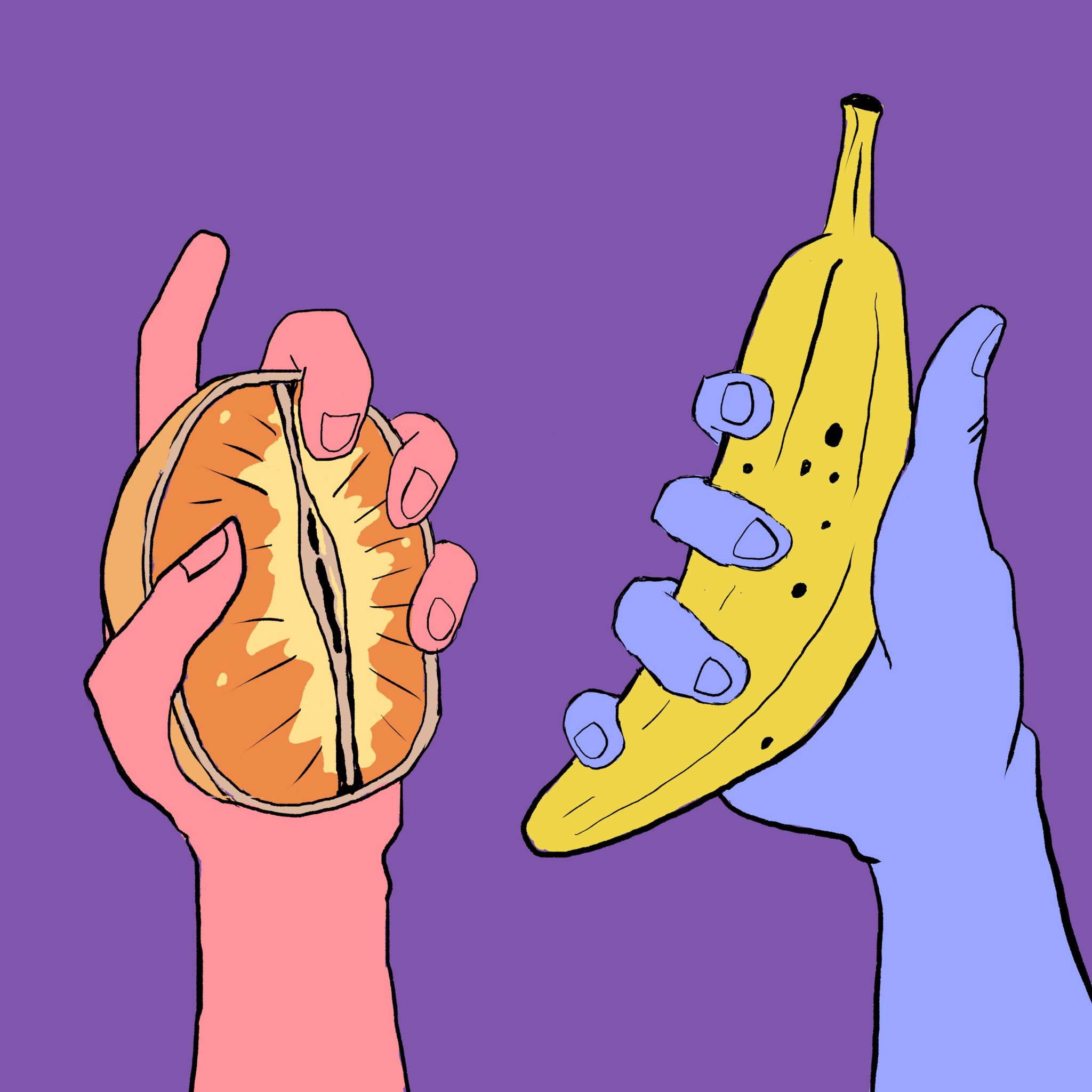Rethinking the problematic concept of virginity


University is a critical turning point in the process of “growing up” for most students. It’s the first time many students have moved out of their parents house and are living on their own, and have now become surrounded by a bounty of potential opportunities and potential relationships.
This taste of freedom is accompanied by quite a bit of social pressure — namely drinking, partying and sexual exploration.
Maybe I’m reaching out on a limb here, but it seems as though sometimes your worth as a person or partner becomes connected to your sexual history. Hookup culture in university is prevalent, and your sexual status all of a sudden has the potential to shape how others perceive you.
If you’ve ever been asked about your sexual status by someone else, you know that there’s never a perfect answer. If you’re a girl, your virginity or lack thereof has the potential to make you a prude or a “hoe” in the eyes of others. If you’re a boy, being asked garners either respect or embarrassment, depending on your answer.
As much as you want to be assured that there is no prejudice associated with your answer, there always is, because of the cultural and social weight that the concept of virginity holds.
By definition, virginity is considered to be a state of existence for a person who has never had sexual intercourse. But it’s important to recognize that the idea of “virginity” is constructed.
Historically, a woman who had abstained from sex was considered “pure” and thus, suitable for marriage. The pressure is, in this way, put on women to uphold social expectations, commodifying them in the process.
It’s up to you whether you consider your “intimate” experiences to be intimate or altering in the first place. As long as your sexual encounters are consented to and enjoyable, there’s no reason that keeping or losing your virginity needs to hold any weight at all, unless you want it to.
It holds moral implications because it is often religiously associated. And while virginity no longer has the same legal implications as it did in some societies in the past, the stigma surrounding it has continued to live on.
The first act of sexuality by a female is considered to be a personal milestone. The expectation of having your virginity is that once you “lose” it, you become intrinsically different. But virginity is unmeasurable and immaterial, and there is no way to tell if someone is a virgin by physically inspecting them.
For women, a loss of virginity often accompanies “popping your cherry,” or breaking your hymen. But it’s worth pointing out that this is not scientific. Hymens don’t break, but they can stretch, although this stretching can happen from activities other than sex.
Besides the myth of female virginity, the concept is still problematic. It is widely understood that the loss of virginity occurs between a man and a woman having “traditional” intercourse for the first time.
But this enforces heteronormativity and erases other forms of sexual expression. Does this mean that non-heterosexual sex doesn’t “count”? No, but the concept of virginity as it stands acts to overlook these other forms of sexuality.
And the idea of virginal pureness puts immense pressure on those who have been sexually assaulted. The unwanted actions of others do not dictate purity or worth. This is how the idea of virginity becomes muddled.
By speaking of virginity as something tangible that can be given or taken, it allows the concept to determine our sexual worth, which is incredibly objectifying.
Remaining a virgin or losing your virginity is ultimately up to you. Everyone should be allowed to feel comfortable with their body, whether or not they have had sex.
It’s up to you whether you consider your “intimate” experiences to be intimate or altering in the first place. As long as your sexual encounters are consented to and enjoyable, there’s no reason that keeping or losing your virginity needs to hold any weight at all, unless you want it to.
Whether your sexual experience is non-existent, limited or abundant, it doesn’t determine your worth.


